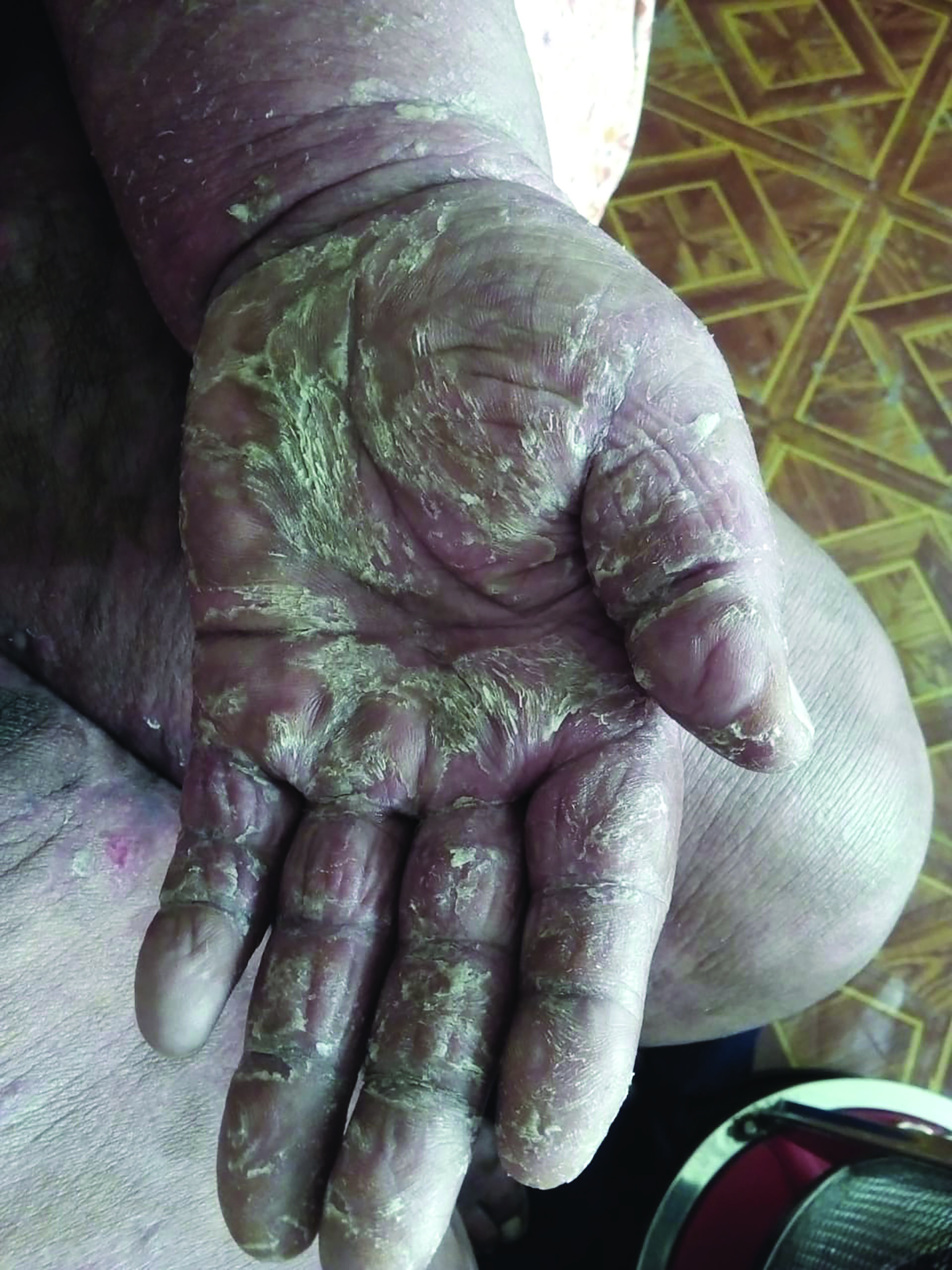Ntsoaki Motaung
At least seven out of ten patients who report to health facilities seek medical treatment for oral-related problems, a development suggesting improper oral hygiene.
This leads to the country devoting more resources to attend to oral health problems than other crucial public services.
This was highlighted by Dr Lieketseng Petlane, the Director of Oral Health Services from the Ministry of Health, as Lesotho joined the rest of the world in marking Oral Health Awareness Week earlier this month.
This year’s commemoration was under the theme: “Protect your teeth, avoid tooth loss, and seal your teethâ€.
“At least seven out of ten patients who report to the health facilities are due to illnesses related to rotten teeth,†Dr Petlane said during a closing ceremony for the awareness campaign.
“This is a concern for the ministry mostly because oral diseases can be prevented only by practicing oral hygiene,†she added.
Also speaking at the ceremony, the Minister of Health Selibe Mochoboroane said his own recent health care service tour revealed that most patients sought to remove their bad teeth instead of seeking alternative remedies.
“When people resort to taking out their teeth, it means our oral health education is still limited and there is somewhere we did not do right in terms of educating people about oral health and hygiene,†he said.
The minister therefore implored oral health specialists to develop strategies to disseminate information about oral health beyond the annual oral health awareness commemoration.
On his part, Dr Moseme Makhele, the Maseru District Medical Officer (DMO) said the district has many gum-related cases.
“In our self-examination as Maseru district, we have seen that diseases related to gums are the ones which are most prevalent in our patients,†he said.
According to the World Health Organisation (WHO) Regional Director for Africa, Dr Matshidiso Moetioral diseases such as tooth decay, gum diseases, and tooth loss, are the most widespread globally and regionally when most oral diseases are preventable.
She says the burden of oral diseases has high social, economic, and health systems consequences and reflects significant inequalities.
“Based on the regional summary of the WHO Global Oral Health Status Report in 2022 among WHO’s six regions, our region has experienced the largest increase in the number of major oral disease cases in the previous 30 years. However, there is fundamental under-investment in oral health.
Half of our countries do not have oral health policies. More than 70 percent of our countries spent less than US$ 1 per person per year on treatment costs for oral health care in 2019. We have also faced a chronic lack of an oral health workforce. For example, dentists per 10,000 population in the region equates to one-tenth of the global ratio,†she said.
In 2019, oral diseases affected around 43.7 percent of the population in the WHO African Region.
Summary
- This was highlighted by Dr Lieketseng Petlane, the Director of Oral Health Services from the Ministry of Health, as Lesotho joined the rest of the world in marking Oral Health Awareness Week earlier this month.
- “When people resort to taking out their teeth, it means our oral health education is still limited and there is somewhere we did not do right in terms of educating people about oral health and hygiene,†he said.
- “Based on the regional summary of the WHO Global Oral Health Status Report in 2022 among WHO’s six regions, our region has experienced the largest increase in the number of major oral disease cases in the previous 30 years.

Your Trusted Source for News and Insights in Lesotho!
At Newsday Media, we are passionate about delivering accurate, timely, and engaging news and multimedia content to our diverse audience. Founded with the vision of revolutionizing the media landscape in Lesotho, we have grown into a leading hybrid media company that blends traditional journalism with innovative digital platforms.










